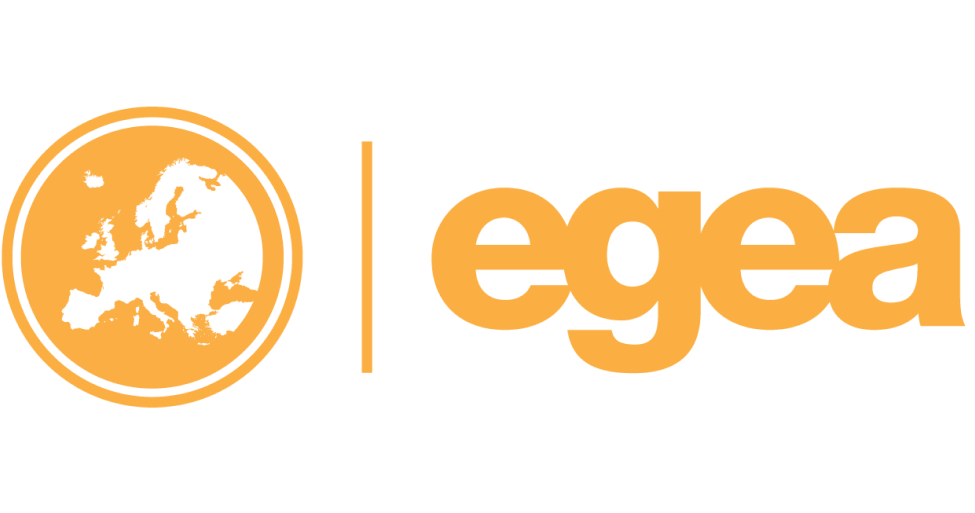Click the area of interest to learn more about a specific part of EGEA
EGEA currently consists of around 80 member entities which are based in cities all over Europe where one can study geography or related programmes. The entities are represented by their two Contact Persons. EGEA is divided into three regions which are coordinated by the three Regional Teams (RTs). Each entity belongs to one of the three regions . The whole association is managed by the Board of EGEA (BoE). The Board is supported by the Advisory Board, the Financial Control Commission, Regional Teams, Congress Organisers, Teams and Projects.
The General Assembly (GA), the highest decisive body of EGEA, usually takes place once per year during the Annual Congress. In the General Assembly, new entities are approved and inactive ones discharged. Also matters of the association are discussed and voted upon via proposals on EGEA’s Protocol. At the General Assembly all approved member entities can cast their vote. The Board of EGEA is elected before the General Assembly via e-voting by all entities. At the General Assembly, the Board of EGEA elects, the Regional Contact Person elects, the members of the Advisory Board, the Financial Control Commission and the Secretariat Coordinator are approved.
There are also regional decisions, which are taken during the Regional Meetings at Regional Congresses or during the Annual Congress: Every region appoints its representative for the Financial Control Commission and votes upon the organising entity of the upcoming Regional Congress. The Regional Contact Persons are voted upon by their region’s entities prior and are approved during the General Assembly. The Regional Assistants are selected by the Regional Contact Person to form the Regional Team.
The organising entity or entities of the next Annual Congress are elected by the General Assembly. Representatives or coordinators of Teams and Projects are chosen by the respective body and don’t need the approval of the General Assembly.

